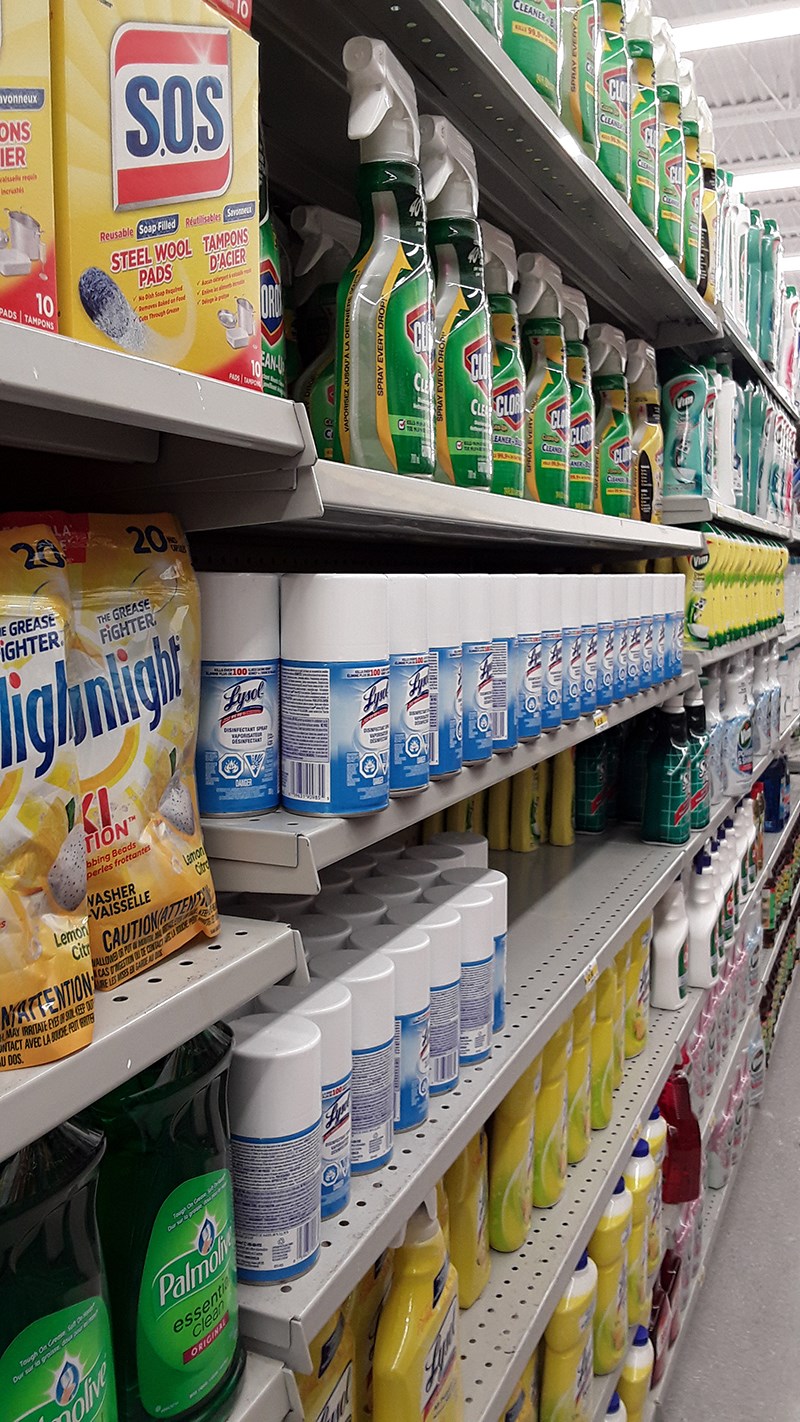Never before have we been so obsessed with cleanliness. Bleached white shirts, sanitized countertops and daily showers have us calibrating to standards that were unthinkably high a century ago.
Add to this the new requirements for mask wearing and hand sanitizing, and we find ourselves exposed to far fewer microorganisms – for better or worse. While humans are living longer, we are also finding our health and planet compromised at times because of our near addiction to clean.
As in the natural world, our guts are generally more resilient to disease when they host a diverse spectrum of bacteria, fungus and viruses. It is said that humans are actually made up of more microorganisms than human cells – about seven per cent more.
Despite this, we do at times act as though we want to exterminate non-human hitchhikers en masse. In fact, we need exposure to these critters to assist with immunity, balanced mood, allergy control and a healthy central nervous system.
Instead of carpet bombing our homes with chemicals, often delivered encased in single-use packaging, we can target our efforts and use more earth-friendly means. While we over wash much of our bodies, stripping oils and drying out our skin, washing our hands regularly with soap is a great way to prevent the spread of disease. A good 20 seconds of lathering up and then rinsing will do the trick.
Avoid sharing drying towels, even within a household, as these are great hosts for bacteria. Instead, use paper towels that you compost later, or single-use washable cloths that you collect in a laundry basket nearby.
In the kitchen, germs abound. Rotating out reusable scrubbies, tea towels and counter cloths daily will also greatly prevent the spread of microscopic bugs we would otherwise rely on chemical means to control. Rinse cutting boards and knives that have had contact with meat immediately as bacteria happily breed at room temperatures on such surfaces.
Wet wipes clog pipes. No matter what the label claims, these are not flushable and wreak havoc in household plumbing systems and at wastewater treatment plants. If it’s possible to wash hands or use a napkin, these are by far more earth-friendly options.
When necessary, dispose of wet wipes in the nearest garbage.
Got fur babies? Look into low waste delinters that are reusable rather than disposable. Wooden-handled brushes that electrostatically charge with movement attract pet hair and other lint that can then be washed off in water.
In some situations, vinegar is a good alternative to harsh cleaners. Effective in removing dirt and debris, it is not known so much for its disinfectant capacities, although it is effective against germs that cause a number of foodborne diseases, such as e-coli and salmonella. To be effective as a disinfectant, and kill 99.9 per cent of pathogens, use ethanol, hydrogen peroxide and bleach. Never mix vinegar with bleach as it produces a noxious gas.
Considering all the single-use masks entering our natural environment at the moment, they deserve special mention. There is no recycling program currently available for disposable masks and they are becoming more commonplace as litter. Where appropriate, washable, reusable masks reduce this type of waste, and where not, be sure to place used masks in the garbage.
When fighting the microscopic, sometimes a gentler hand means better wellness in our homes, for bodies and for the planet.
Let’s Talk Trash is qathet Regional District’s waste-reduction education program. For more information, email [email protected] or go to LetsTalkTrash.ca.



